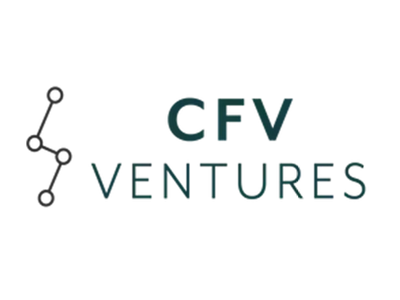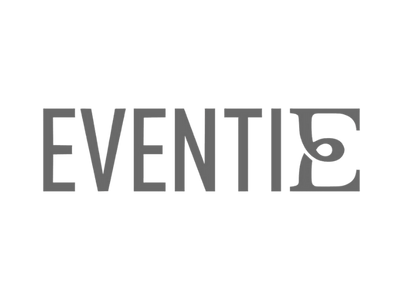
Save cash. Extend runway. Stay compliant.
Keywords: startup tax optimization, Delaware C-Corp, business tax deductions, R&D tax credit, international tax planning, investor tax strategies, LLC vs C-Corp, startup tax strategy
For startups registered in Delaware, taxes can feel like an unavoidable drag on early growth.
But with the right strategies, tax optimization becomes a powerful tool - helping you save cash, extend runway, and reduce risk.
In this guide, we’ll walk you through six proven tax optimization tactics every Delaware startup should consider - from choosing the right entity to leveraging R&D tax credits and structuring deals smarter.
Your tax exposure begins with your business structure.
Most startups in Delaware choose between:
C-Corporation - Preferred by investors and VCs; subject to federal corporate tax (21%) but allows for easier equity raises.
LLC - Pass-through taxation (profits taxed only at the member level); simpler for small teams but less attractive to institutional investors.
💡 Tip: If you plan to raise venture capital, a C-Corp is almost always the way to go.
For bootstrapped or service-based businesses, an LLC may offer short-term tax advantages.
Every dollar you spend on building your startup - from product development to marketing to legal fees - can reduce your taxable income.
But here’s the catch: you must track everything.
Set up proper bookkeeping systems from day one
Use tools like QuickBooks, Pilot, or Bench
Categorize every business expense accurately to claim deductions
💸 The more expenses you properly document, the lower your taxable profit - and your tax bill.
If your startup is building new technology, software, or scientific innovations, you may qualify for the R&D Tax Credit - even if you're not profitable yet.
Other potential credits include:
Startup payroll tax credits
Energy efficiency incentives
Employee Retention Credits (ERC), if applicable
📌 Work with a CPA who specializes in startups to identify and claim these credits.
They're often overlooked - and can be worth thousands.
If your startup sells globally or has international contractors or clients, cross-border tax planning is critical.
Avoid double taxation - Learn how foreign-sourced income is taxed and explore U.S. tax treaties
Remote-friendly structures - Delaware still works if you're based abroad, but compliance is key
Transfer pricing - Ensure intercompany payments meet IRS standards
🌎 Pro tip: Work with advisors who understand both U.S. and international tax laws - mistakes here are expensive.
Bringing on investors? Don’t just look at valuation - consider tax implications too.
SAFE vs. equity - Each structure has different tax consequences
Investor location - International investors may trigger withholding or reporting rules
Convertible notes - Could impact tax liability at the time of conversion
🤝 Talk to both legal and tax advisors before closing a round. A little planning now can save a lot later.
Tax laws change fast.
Make it a habit to:
Review your tax strategy every year
Reassess your structure as you grow
Stay current on federal and state tax changes
Time your planning around major milestones (like funding rounds or launches)
🧠 Think of tax optimization as a living system, not a one-time setup.
Tax optimization isn’t just about saving money - it’s about building a more sustainable, investor-ready, and strategically sound business.
By choosing the right structure, tracking expenses, leveraging credits, and planning ahead, Delaware-based startups can protect their cash, extend their runway, and reduce financial stress.
#StartupTaxes #TaxOptimization #DelawareCcorp #LLCvCcorp #R&DCredit #StartupFunding #InvestorTaxStrategy #StartupCompliance #StartupBookkeeping #USABusinessTaxes
With AI-powered bookkeeping and tax filing, you stay focused on what matters: building your startup.
Start Now for Free


